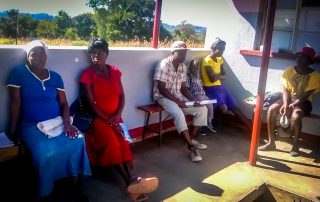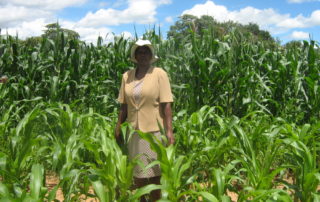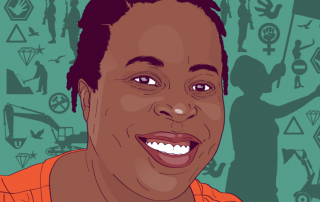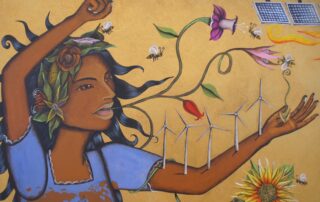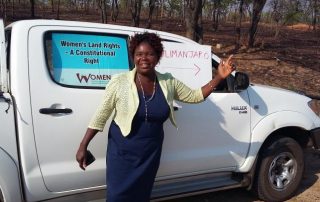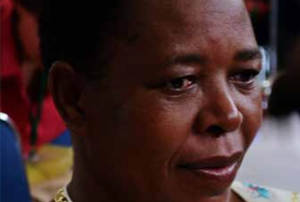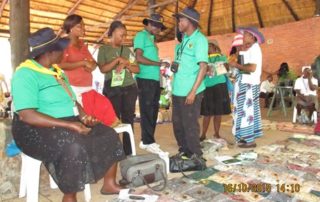Reporting On Zimbabwe’s Resilient Women
Sally Nyakanyanga, an independent journalist based in Zimbabwe, profiles the positive impact of rural electrification on women’s healthcare in the town of Masvingo, Zimbabwe. Oxfam Zimbabwe helped install a water pump and solar system at the Mazuru clinic, which has enabled better vaccine storage, uninterrupted medical technology use, and basic lighting. Juliet Chasamuka is among thousands of Mupandawana women who can now depend on reliable prenatal and postnatal care through energy access. Photo credit: Sally Nyakanyanga


